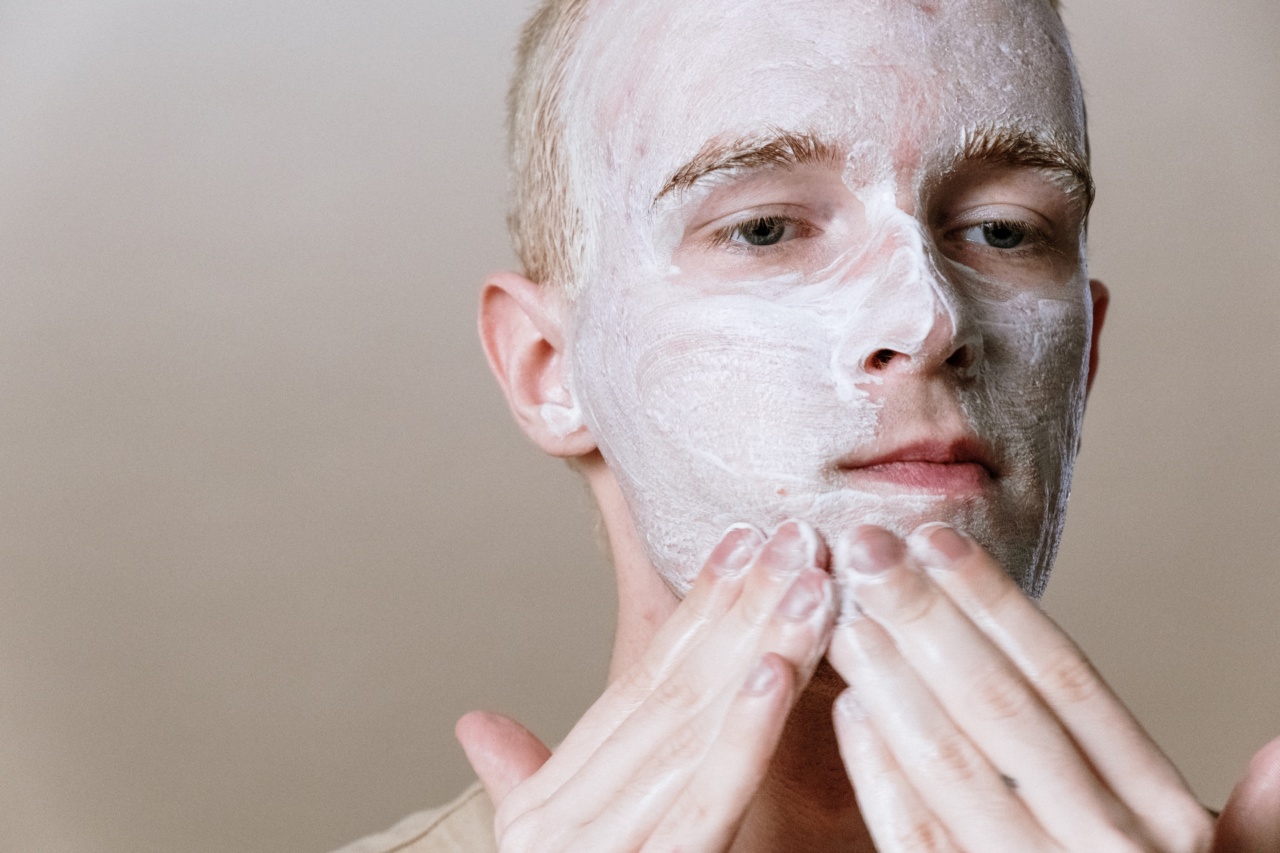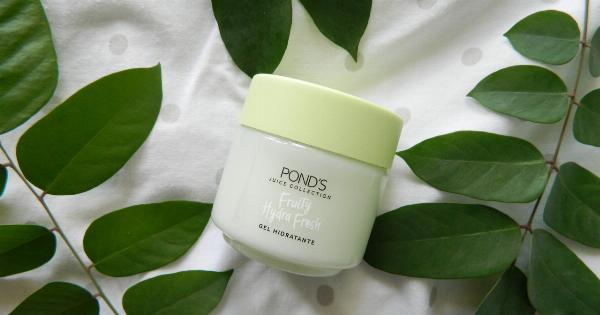Acne is a common skin condition that affects millions of people worldwide. While there are various factors that contribute to the development of acne, overwashing your face is one of the lesser-known culprits.
Many individuals believe that frequent cleansing can help prevent breakouts, but in reality, excessive washing can disrupt the delicate balance of your skin and lead to the onset or worsening of acne.
The Science Behind Acne
Before delving into the relationship between overwashing and acne, it’s important to understand the science behind this skin condition. Acne occurs when the hair follicles become clogged with oil, dead skin cells, and bacteria.
This clogging leads to the formation of pimples, blackheads, whiteheads, and other types of lesions.
Your skin produces natural oils called sebum, which help keep it moisturized and protected. However, when there is an overproduction of sebum, or when dead skin cells accumulate on the skin’s surface, the pores can become blocked.
Bacteria present on the skin can then multiply, further exacerbating the issue and causing inflammation.
The Role of Facial Cleansing
Facial cleansing is an essential part of any skincare routine. It helps remove dirt, makeup, excess oil, and other impurities from the skin’s surface, promoting a clean and fresh complexion.
Cleansing can also help prevent the accumulation of dead skin cells, which can contribute to clogged pores. However, the key lies in finding the right balance.
When you cleanse your face, the goal is to remove the excess oil and impurities without stripping away the natural moisture and disrupting the skin barrier.
The skin barrier, comprised of lipids and other substances, helps maintain the skin’s hydration level and protects it from external aggressors such as pollutants and bacteria.
The Dangers of Overwashing
While a thorough and consistent cleansing routine is important, overwashing your face can have detrimental effects on your skin. Here are some reasons why:.
1. Stripping the Skin
Overwashing can strip your skin of its natural oils, leading to excessive dryness. When your skin becomes too dry, it compensates by producing even more oil, which can further clog your pores and contribute to acne formation.
2. Disrupting the Skin Barrier
Excessive cleansing can disrupt the skin barrier, causing it to become weakened and compromised.
When the skin barrier is compromised, it becomes easier for bacteria, allergens, and irritants to penetrate the skin, potentially leading to inflammation and acne breakouts.
3. Stimulating Oil Production
Ironically, overwashing can stimulate the sebaceous glands to produce even more oil. When you strip away the natural oils from your skin, your body’s response is to compensate by producing more sebum to restore the balance.
This excess oil can clog your pores and cause acne flare-ups.
4. Irritating the Skin
Frequent cleansing can result in skin irritation, especially if you use harsh cleansers or scrub your face vigorously. Irritated skin is more prone to inflammation and breakouts.
It’s important to use gentle cleansers and avoid aggressive scrubbing to protect your skin’s health.
5. Disrupting the Skin Microbiome
Every individual has a unique collection of microorganisms, including bacteria and fungi, on their skin.
This community of microorganisms is known as the skin microbiome and plays a crucial role in maintaining skin health and preventing the overgrowth of harmful bacteria. Overwashing can disrupt this delicate balance and negatively impact the diversity and composition of the skin microbiome, potentially leading to acne and other skin issues.
Establishing an Optimal Cleansing Routine
To maintain a healthy and balanced complexion, it’s essential to establish an optimal cleansing routine. Here are some tips to help you take care of your skin:.
1. Choose the Right Cleanser
Select a gentle cleanser that suits your skin type. Avoid harsh cleansers, especially those containing sulfates and alcohol, as they can strip away the natural oils and disrupt the skin barrier.
2. Use Lukewarm Water
Wash your face with lukewarm water instead of hot water, as hot water can strip away moisture and exacerbate dryness. Lukewarm water helps to effectively cleanse without causing unnecessary damage to the skin.
3. Be Gentle
Avoid scrubbing your face aggressively or using rough washcloths. Instead, use your fingertips to gently massage the cleanser into your skin in circular motions. This will help remove impurities without causing irritation.
4. Pat Dry
After cleansing, pat your face dry with a soft towel. Avoid rubbing your skin vigorously, as this can cause friction and irritation.
5. Limit Cleansing Frequency
While it’s important to cleanse your face daily, overdoing it can be detrimental. Aim to wash your face twice a day – once in the morning and once in the evening.
Cleansing more than twice a day, especially if you have dry or sensitive skin, can disrupt the skin’s balance.
6. Be Mindful of Makeup
If you wear makeup, make sure to remove it thoroughly before cleansing. Leaving makeup on overnight can contribute to clogged pores and acne formation.
Consider using a makeup remover or a gentle oil-based cleanser to effectively remove all traces of makeup.
Conclusion
While proper facial cleansing is crucial for maintaining healthy skin, overwashing can have adverse effects, including the onset or exacerbation of acne.
Stripping the skin of its natural oils, disrupting the skin barrier, stimulating excessive oil production, irritating the skin, and disturbing the skin microbiome are all potential consequences of overwashing. By establishing an optimal cleansing routine and being mindful of your skin’s unique needs, you can strike a balance that promotes clear, healthy, and acne-free skin.



























